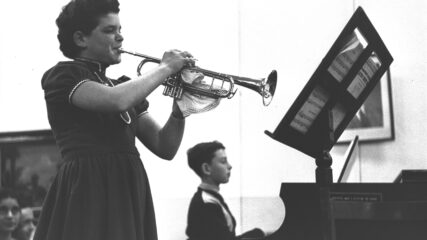January 26, 2006
Hamas, the militant Palestinian opposition group, wins 76 of the 132 seats in the Palestinian Authority’s legislature, a groundbreaking power shift. Because Hamas rejects Israel’s existence, the election results present a new obstacle in the Israeli-Palestinian peace process. Hamas’ network of social services and charitable organizations and Fatah’s corruption, rather than policies toward Israel, are believed to be the primary factors behind the resistance movement’s victory.
About 1,073,000 Palestinians, 77% of the registered voters, cast ballots in the election, which sets up a split in the PA government between the legislature and President Mahmoud Abbas, a member of Fatah, which has dominated Palestinian politics for decades and has held a legislative majority. Abbas has long been seen as a moderate voice and the best hope in the post-Arafat era to agree to a U.S.-brokered peace deal. Hamas, by contrast, calls for the destruction of Israel and is recognized as a terrorist organization by the United States. Fatah will have 43 seats in the new Palestinian Legislative Council.
Abbas says the peace process still could succeed if Hamas can earn “the respect and confidence of the international community,” but Israeli officials criticize the Hamas victory. The Israeli Cabinet meets in emergency session. Israel already is facing political turmoil because of the recent stroke of Prime Minister Ariel Sharon and the forthcoming election for a new prime minister in March.
U.S. President George W. Bush says Hamas must renounce terrorism to engage in peace negotiations, while the United Nations and European Union take a wait-and-see attitude about how Hamas will operate with legislative power. Hamas leader Ismail Haniyeh, who becomes prime minister, says Hamas sees no contradiction by using both weapons and the legislature to achieve its political goals.



